25 Greatest Nigerian Songs Of All Time Vol. 2
Here is a list of classic Nigerian records that have stood the test of time.
The labour of our heroes past
shall never be in vain — Nigerian National Anthem
Here is the long-awaited sequel, '25 Greatest Nigerian Songs Of All Time Vol. 2.'
Thanks for the feedback on Vol. 1. I considered your comments, opinions, suggestions and criticisms when putting together this list.
REMINDER! - for a song to be considered significant it must “transcend time, convey strong emotions, shift culture and resonate with a large number of people…and be embedded in pop culture, influence lexicon and reflect cultural attitudes also.”
Additionally, songs released after 2008 were not up for consideration. The songs on this list are not ranked, and this list reflects the bias and music taste of the writer.
Time Na Money by Mike Okri (1989) - Out of Nigerian music’s pop factory in the 80s came the dashing Mike Okri. With his emergence came a template sound that has lasted for decades. A discerning ear can hear Okri’s influence in some of today’s biggest hits. While his dance floor scorcher ‘Omoge’ is an all-time favourite, Okri’s most evergreen record remains ‘Time Na Money’ off his debut album ‘Concert Fever’. There is less Western influence on this song, as Mike Okri warns that time is a precious commodity. Credit has to go to the songwriter Ray Mike Nwachukwu who composed one of the most songs that still resonates with Nigerians.
Nigeria Go Survive by Veno (1985) - Unarguably one of the best disco songs from this side of the equator, ‘Nigeria Go Survive’, is a pure Jheri-curl/disco ball orgasm. It is part dance number and patriotism anthem. Disco might be out of circulation in this era, but the groovy synthesizers on this song have stood the test of time. Not only is it a classic, but it is also an anthem- a track that instils hope that Nigeria will survive against all odds. This song was released 34 years ago, and the Federal Republic of Nigeria has been through a lot and continues to hold on...just barely. It is a bitter-sweet timeless song that touches on the japa fever of the 80s.
Nigeria, My Beloved Country by Funmi Adams (1990) - Five years after Veno released her patriotic anthem, Funmi Adams dropped the patriotic gospel. Unabashedly optimistic, ‘Nigeria, My Beloved Country’, is an essential Nigerian song. It is an anthemic classic on the potential of unity. The children's choir vocals and horns make it sound solemn. Funmi Adams’ voice towards the end of the track elevates the song. It is a reminder of a time when Nigerians still held on to the belief that things would turn out for good. Today, this belief might have faded, but the song still remains a reminder of what is possible.
Show Colour Medley by King Wasiu Ayinde Marshal [KWAM 1/K1 D Ultimate] (1995) - The King of the Fuji genre, King Wasiu Ayinde Marshal or K1 D Ultimate, had been in the game for more than a hot minute, but it wasn't until the 90s that he blossomed into a national star. Sir Shina Peters's success with his strain of juju called 'Afro Juju' could not stop K1D Ultimate from dealing juju music a death blow in the early 90s. His knockout punch was his 1995 smash album 'Consolidation'. The 'Show Colour Medley' of the LP is a breathtaking display of the more urgent Fuji genre. The medley is essentially a sing-along as the King of Fuju rides wave upon wave of melodies backed by thunderous layered drums.
Sawale by Cardinal Rex Lawson (1969) - This great Nigerian song is as sweet as fresh palm wine itself. Straight from the Highlife music period, 'Sawale' is one of the sparkling gems of the genre. A true pioneer, Lawson embraced sax solos in his records in place of the usual trumpet closely attached to this genre of music. It was a hit record that defined a generation. Decades later, Flavour N'abania (today's custodian of Igbo Highlife) remixed this undeniable classic to create one of the biggest songs of his career - ‘Nwa Baby (Ashawo Remix).’ Nigeria lost a great musician when Cardinal Rex Lawson died in a car accident at the age of 36.
Sorry Sorry by Femi Anikulapo- Kuti (1998) - ‘Sorry Sorry’, from Femi Anikulapo-Kuti is a masterpiece. ‘Bang, Bang, Bang’ and ‘Wonder, Wonder’ might have been bigger hits, but ‘Sorry, Sorry’ has failed to lose its potency and relevance over the years. ‘Sorry Sorry’ is a groovy Afrobeat tune that lamented the dodgy transition to democracy after the death of General Sani Abacha. Today, you can hear the song across nightclubs in the most populous black nation in the world. It represents the duality of Afrobeat, conscious music that makes you dance nonstop.
Eddie Quansa by Peacock's Guitar Band (circa 1973) - A delicious guitar riff, an unforgettable hook and a sitcom show make this song one of the greatest Nigerian songs of all time. ‘Eddie Quansa’ was a hit when released in the late 70s. It would take on another life when it became the theme song of one of the most memorable Nigerian sitcoms, 'The New Masquerade', which ran from the mid-80s to the mid-90s. It endeared Eddie Quansa to Nigerian millennials. When you heard the opening licks from that sweet guitar back in the day, you would drop anything you were doing to watch 30 minutes of pure comedy. The union between this song and the TV show has helped 'Eddie Quansa' remain a classic.
Rosie by Blackky (1991) - This song represents the rise of dancehall music and the influence of Jamaican music on Nigerian pop music. After the Reggae dominance of the 80s, young Nigerian artists started leaning toward dancehall music. Blackky was one of the artists who made a big hit from the trend. ‘Rosie’ was not only a hit. It was a sensation that introduced a new, dashing young act to the country. The song was irresistible. It was hard to ignore because it was everywhere.
Wak’ar Karen Mota by Dan Maraya Jos (date unknown) - Nigerian music is not entirely a Southern affair. The Northern region has its fair share of contributions. Perhaps the greatest singer from the North is the griot Dan Maraya Jos. His real name was Adamu Wayya. His parents died when he was still a child hence the name Dan Maraya Jos which means ‘Orphan of Jos’. Showing an early interest in music, Dan Maraya Jos picked up the instrument kuntigi, a single-stringed lute. His songs praised the rich and mighty and also the poor and industrious. ‘Wak’ar Karen Mota’ is probably his most famous song. It is about young men in bus parks who help passengers to get out of minivans and other related menial jobs. Dan Maraya Jos was also a social commentator.
Gentle Lady (Congratulation Medley) by Alhaja Queen Salawa Abeni (circa 1993) - By the time Alhaja Queen Salawa Abeni released her 1993 album, her place in Nigeria's music hall of fame was non-negotiable. The Waka Queen was a prodigy whose debut album, ‘Late Murtala Muhammed’, released in 1976, sold over a million copies. In the early 90s, thanks to a car accident during a school run, Salawa Abeni composed what would become her most enduring hit, 'Gentle Lady', tucked inside the Congratulation Medley side of her album.
Ina Ran by Alhaji Haruna Ishola (1974) by Alhaji Haruna Ishola (a pillar of the apala genre) released Ina Ran as an album in 1974. The title track in the LP is an evergreen apala ditty with rolling drums that can kickstart any owambe in the Southwestern part of Nigeria. A line in this song is a stark reminder of how the Naira has lost its value since this song was recorded.
African Style by Bright Chimezie (1990) - Bright Chimezie, born on October 1, 1960, came up with his genre of music known as Zigima, influenced greatly by Nigerian highlife. In 1990, he released the 'African Style' album under RAS (Rogers All Stars), a Nigerian label created in 1975 by R. E. Okonkwo. The title track is a funny narration about Nigerian cuisine. The years have not robbed it of its humour. It remains as funny as the first time you heard it.
Ifeoma by Felix Lebarty (1989) - At the height of Kris Okotie's stardom and years before he transitioned to the pulpit, he signed an upcoming singer Felix Lebarty to his record label. Lebarty went on to have a good career run in the 80s, a decade that saw pop and disco become relevant in the mainstream. By the end of the decade, Lebarty dropped his classic 'Ifeoma'. Ifeoma is one of those songs you cannot recollect when you heard it, but surprisingly you know the chorus. It's a song embedded in the minds of most Nigerians and represents one of the most famous pop songs of the 80s.
Under Pressure (Part 2) by Ras Kimono [1992] - The Rastafarian flag was still waving high and proud when Nigerian reggae star, Ras Kimono, released his ‘Run Fi Cover’ album in 1992. Ras Kimono's third album featured the hit song 'Under Pressure' Part 2, a sequel to the instrumental-only track on his debut album. Nigerians were really under pressure in 1992. A (false) return to democracy was around the corner. In the same year, a disastrous military aeroplane crash happened, claiming all onboard lives. Ras Kimono bottled up the mood in the nation in this spellbinding rastaman classic.
Orere-Elejigbo by Lijadu Sisters (1979) - Just before the glorious 70s ended, Taiwo and Kehinde Lijadu released ‘Horizon Unlimited’. The album featured the single, 'Orere-Elejigbo', a song that best describes the sound and style of the Lijadu Sisters. According to the Guardian, their style was "acid-fried funk, soul, Afrobeat, reggae licks, psychedelic organ jams and irresistible disco-laced grooves." 'Orere-Elejigbo' highlights the spirit of creativity and innovation during the 70s. It blends Yoruba folk music with soul and funk. Fela Anikulapo-Kuti wasn't the only one with a complex sound during this period. Interestingly, the Lijadu Sisters were his cousins.
Rat Race by The Mandators (1988) - By 1988, Nigeria had descended into pits of inflation, unemployment and corruption. During this jarring period that had wiped away the false hope of the 70s, Reggae music emerged as the nation's conscience. With their songs, the reggae stars spoke about the troubles of the common person and the exploitative system. 'Rat Race' by the Mandators is perhaps the best example. With a line like, "There's no hope for survival", this song painted a gloomy and hopeless picture. A song like this is an eerie time stamp that reminds us of the never-ending struggle in Nigeria.
I'm Back To My Roots by Orlando Julius (circa 1998) - There are a couple of the late Orlando Julius records I could have picked from - 'Jaguar Nana' or 'Colombia', but I feel ‘I'm Back To My Roots’ deserves a slot in my list. Back in the day, Orlando Julius was an influential musician who worked extensively with South African music legend Hugh Masekela. He was a highly sought-after musician abroad, including in the United States. In a complex tale of music composition, the Highlife and Afrobeat jazz legend never got his credit for composing one of the biggest songs of the soul-disco era titled ‘I'm Back To My Roots’ by Motown singer and songwriter Lamont Dozier in 1977. After years of unsuccessfully trying to get his credit, Orlando Julius moved back home in 1998 and recorded his version with more highlife and traditional Yoruba elements. To show he was in touch with the times, his wife/manager Latoya kicked a rap verse. Beyond the controversy, the song's message is a reminder to black people everywhere to know where they are from.
Salome by IK Dairo & His Blue Spots [MBE] (1962) - 'Salome', a juju ditty by IK Dairo [MBE], one of the key musicians in the Juju genre, is a delightful listen. Dairo's patent accordion sound leads the evergreen sound. For a juju song, this track has a bit of a Highlife feel. When you play this record, watch out for when the beat breaks down into a sweaty groove.
Owuro L'Ojo (How D'You Do?) by Beautiful Nubia (2002) - Beautiful Nubia is Nigeria's best-kept secret. The indie folk singer has gained a huge cult following outside the mainstream. He is like a quiet storm. His third album ‘Jangbalajugbu’ was a huge success. It sold over a million copies legally and illegally. The album featured hits such as ‘Owuro L'Ojo (How D'You Do?)’ and ‘What A Feeling’. The former track is one of the biggest Nigerian folk songs. Till today, it is played every morning on Lagos radio to millions of people. Twenty years after the album and single's release, its presence has hardly diminished.
Jaga Jaga by Eedris Abdulkareem (2004) - 'Jaga Jaga' is an anthemic protest song that offers a stark assessment of Nigeria during the Obasanjo administration. It was potent enough to piss off the nation's number one citizen. Quick enough, it got banned from radio and TV. This song has outlived Eedris Abdulkareem's numerous hit songs from his time as Nigeria's top hitmaker. His social commentary on 'Jaga Jaga' has more or less defined his post-Remedies career. Unfortunately, just like many Nigerian protest songs, 'Jaga Jaga' is very much relevant today.
Mr President by African China (2006) - Perhaps one of the last bangers to come from Ajegunle after its dominance in the 90s, African China emerged from the notorious slum to drop a conscious classic. 'Mr President' speaks on the failings of the political class to create a safe and prosperous nation for all citizens. It touches on hunger, poverty, injustice and electoral corruption. "No let this nation to fall inside well" warns African China. During the 2020 End SARS protest, Mr President became the unofficial song of the movement.
Iheoma Agighi Onye Oso by Oriental Brothers International Band (1974) - The Oriental Brothers International Band of Nigeria is a pillar of Nigerian highlife. In 1974, the band released an album called 'Oriental Brothers International' which was successful thanks to the single 'Iheoma Agighi Onye Oso.' The song is one of the band's numerous classics that has come to define its long-lasting legacy in Nigerian music.
You Don Hit My Car by Tony Tetuila (2001) - The platinum bombshell of Africa was running the game by the turn of the millennium. After his forced exit from The Remedies, Tony Tetuila released a successful debut album. His sophomore album, led by the single 'You Don Hit My Car' further established him as the first solo star of the Afrobeats era. The humorous narration of his car troubles took a sly dig at his labelmate/ex-group member/rival Eedris Abdulkareem and subtly praised Bola Ahmed Tinubu (he wasn't yet a villain). The phrase 'you don hit my car' is firmly fixed in Nigeria's lexicon. In any accident scene, this phrase is followed by 'oyinbo repete'. That's culture right there.
Olufunmi by Styl Plus (2006) - This song is one of the purest and sweetest R&B/pop songs ever made in Nigeria. It is a timeless concoction of melodies and harmonies. 'Olufunmi' has not aged a bit. Styl Plus was a group ahead of its time and, for a while, represented the best music in the second wave of Nigerian pop music post 1998. The classic record is your quintessential summer love song dedicated to young lovers.
Bolanle by Junior and Pretty (1994) - When rap was still an oddity in the Nigerian music scene, the duo of Junior and Pretty dared to shift culture. In 1991, the group released its debut album Fufu Flavour led by the single ‘Monica’. In 1994, the group released the hit single 'Bolanle'. The song doubles down on the humour and storytelling style of Monica. Its rap style has influenced countless other Nigerian rap songs ever since.




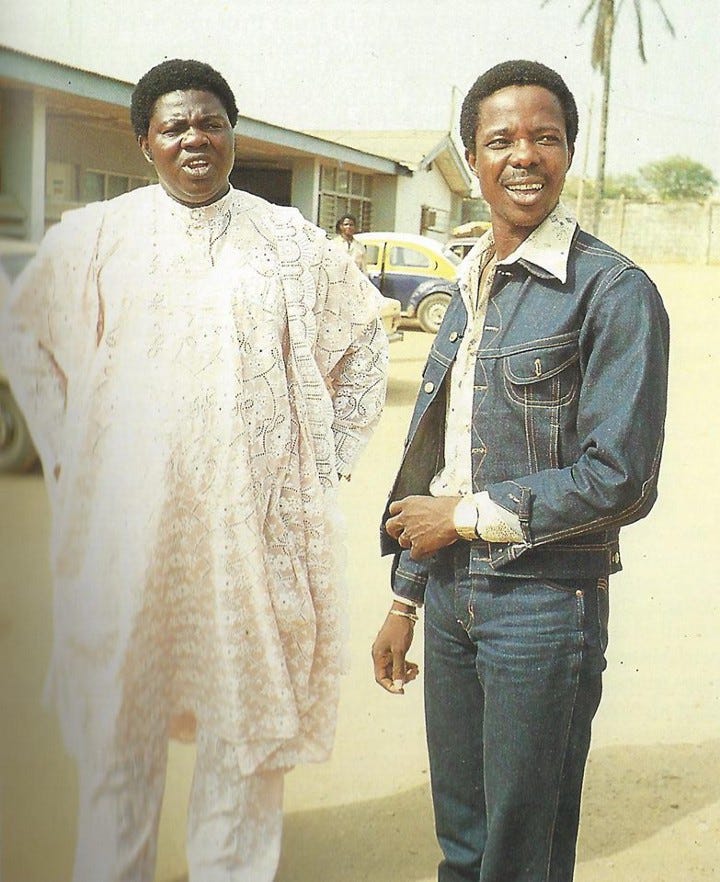
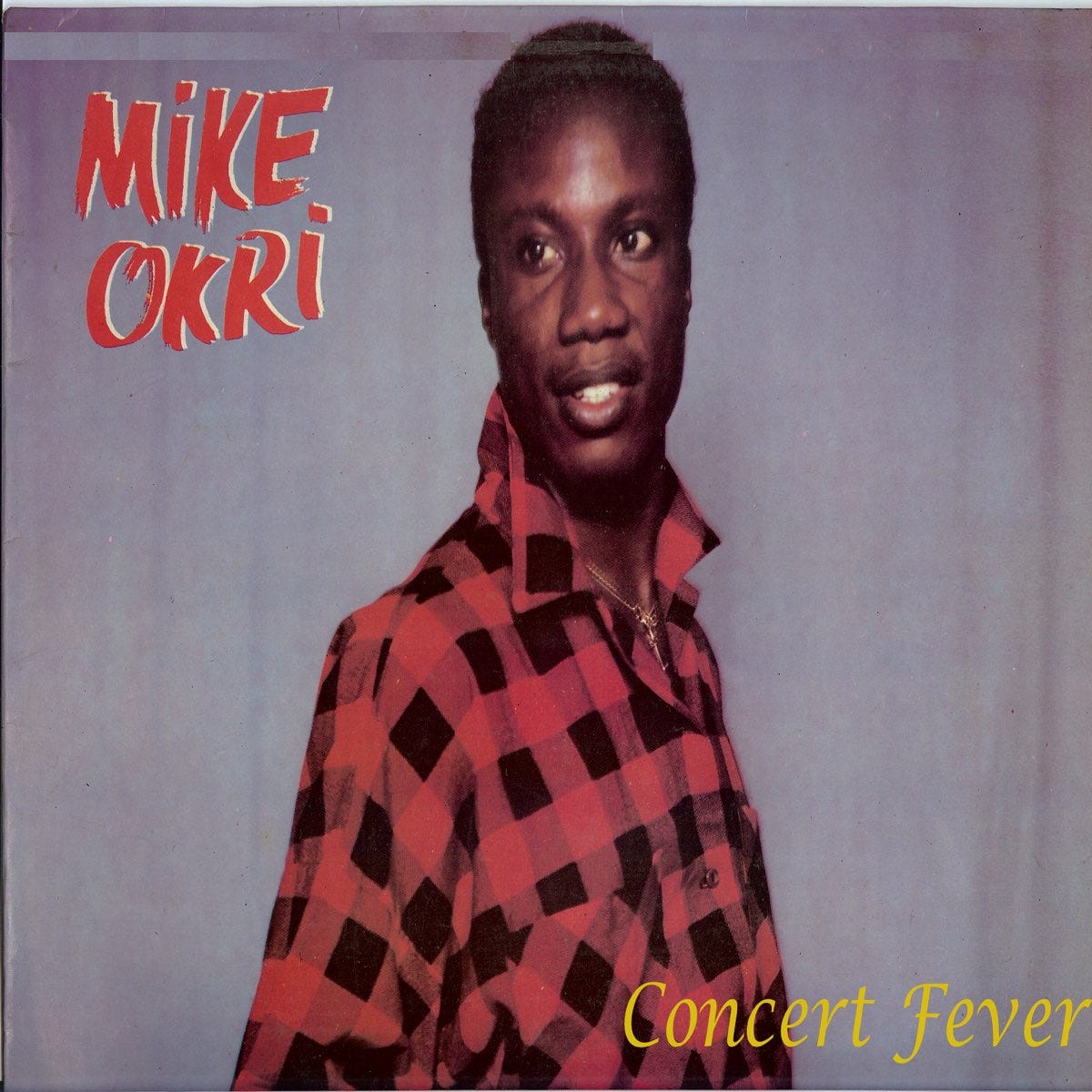

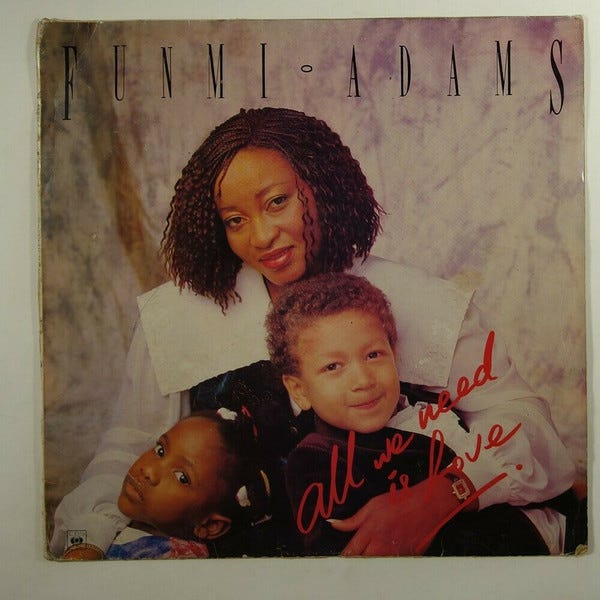

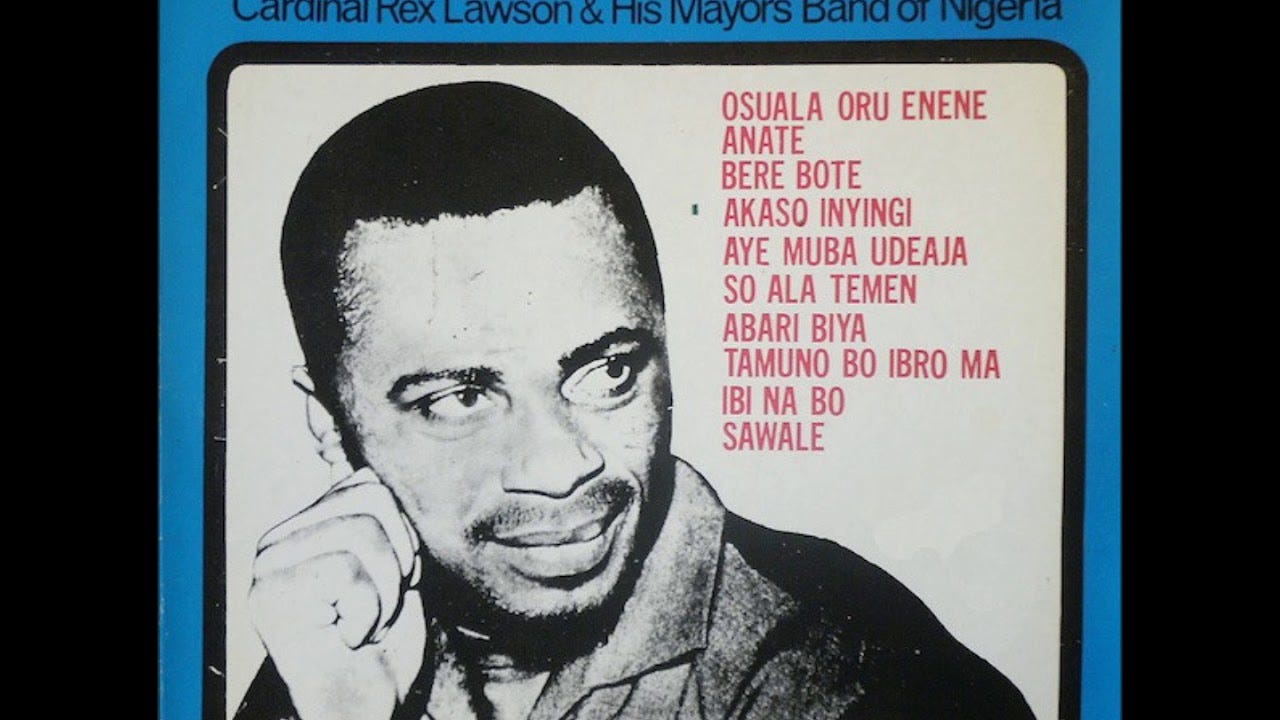
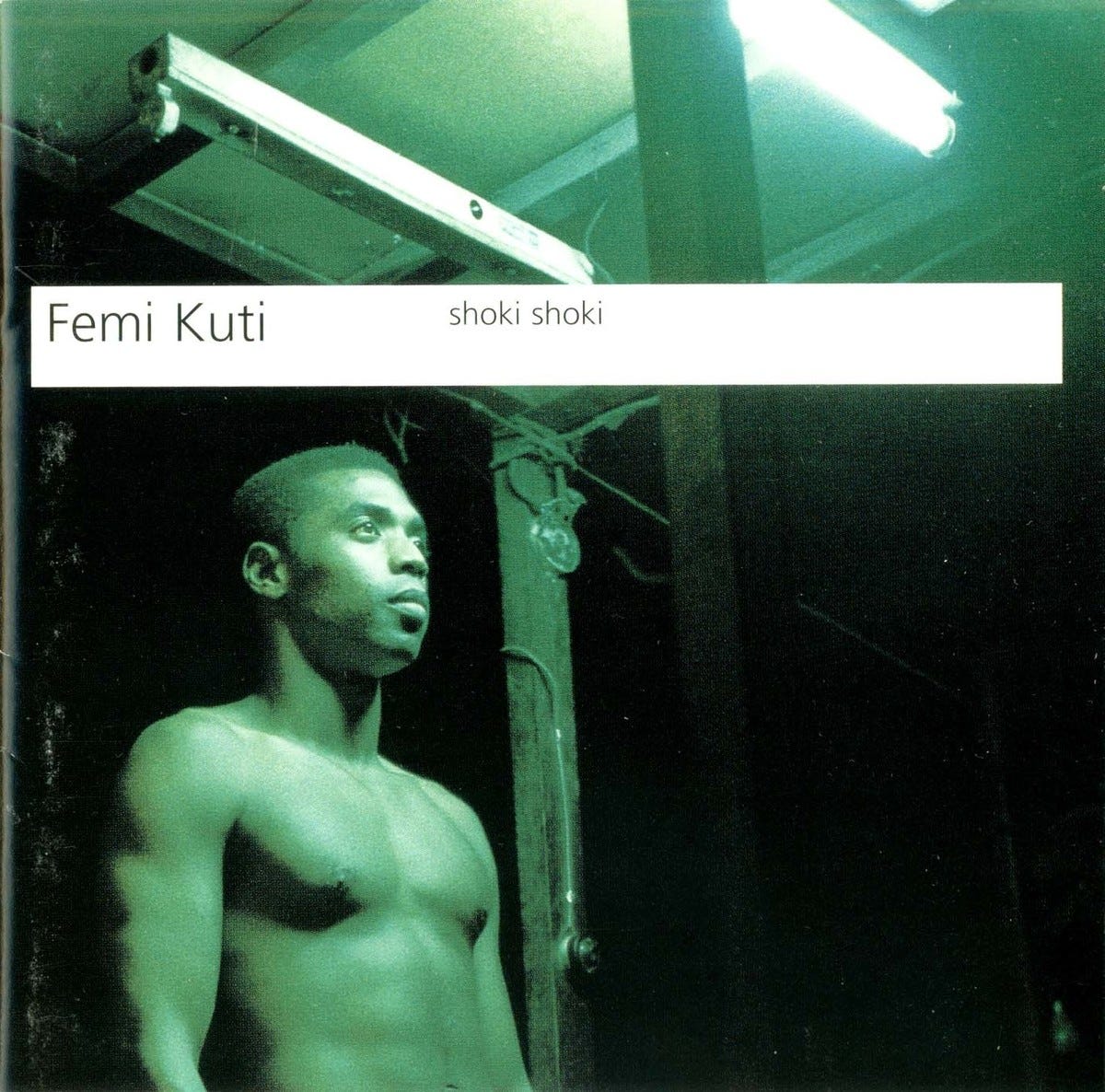
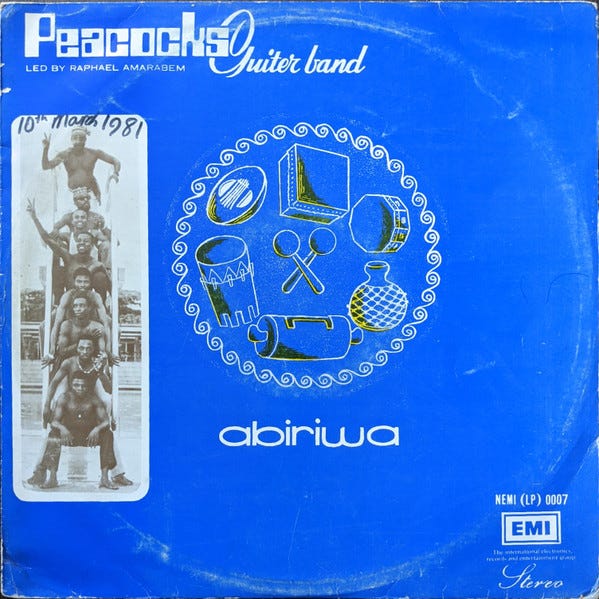




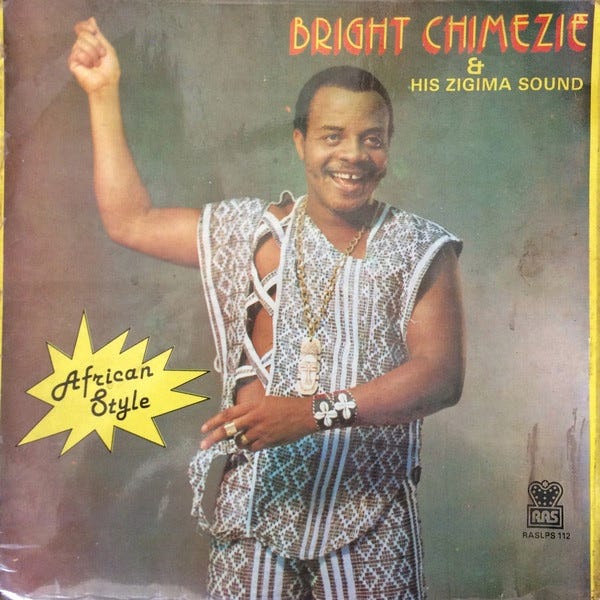
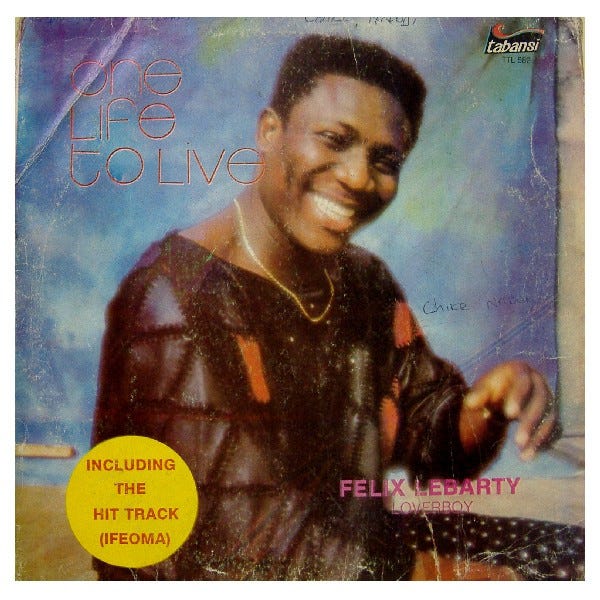


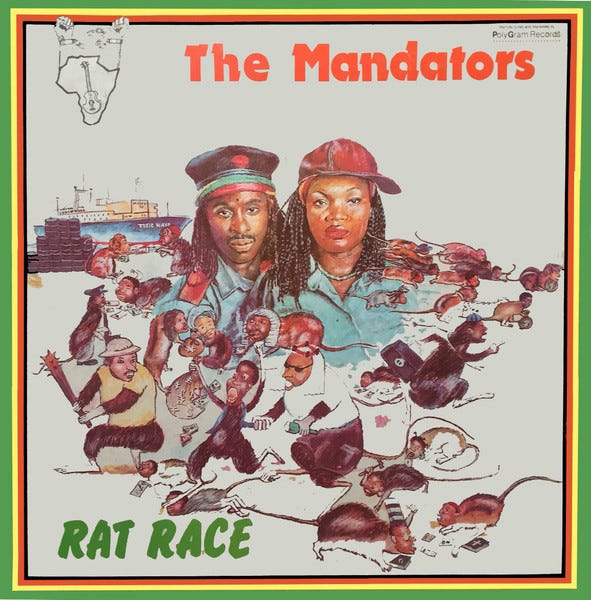


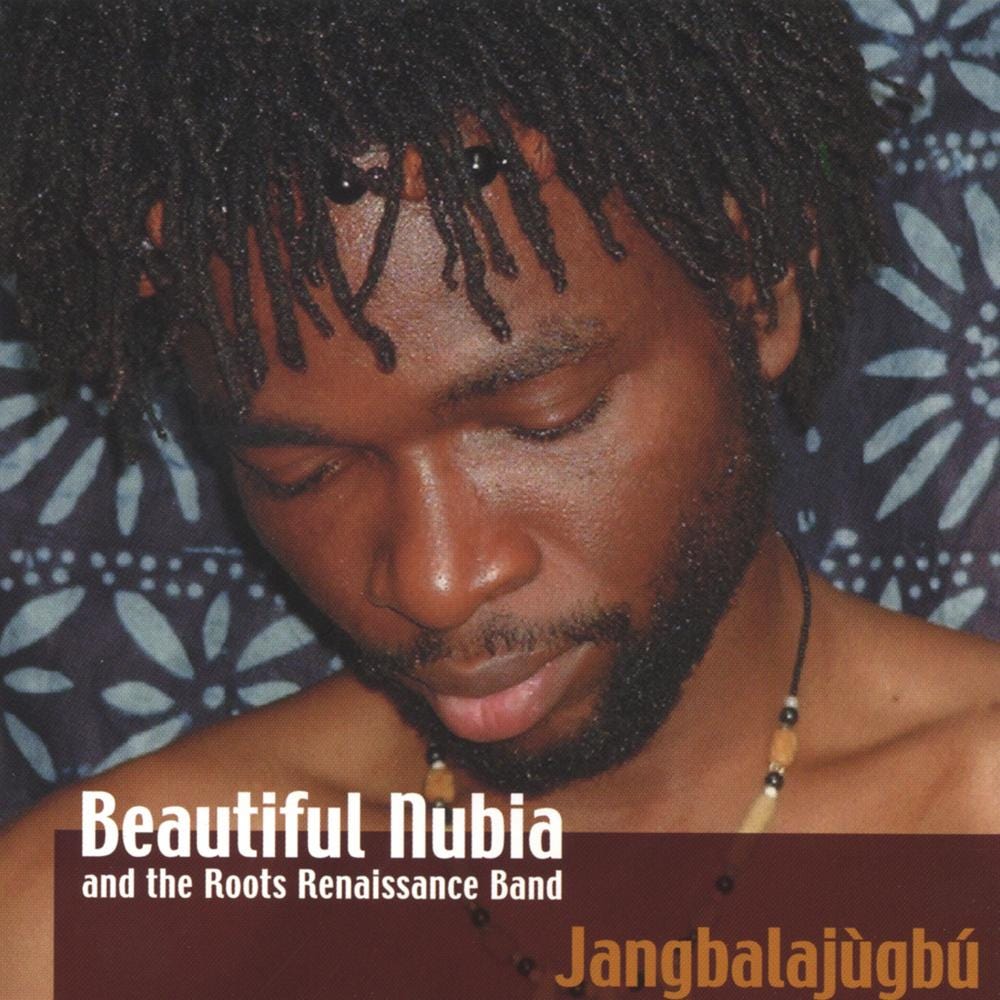
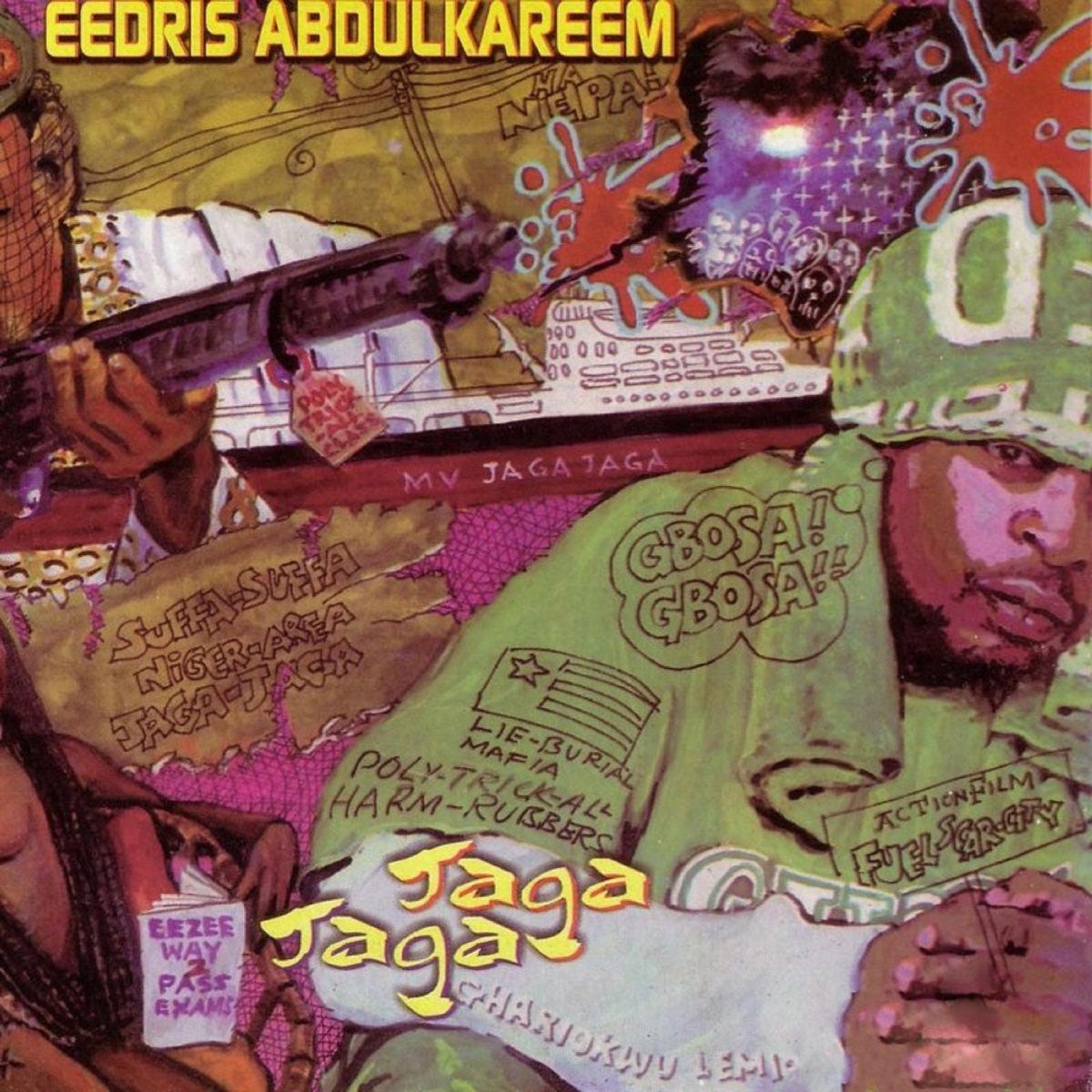
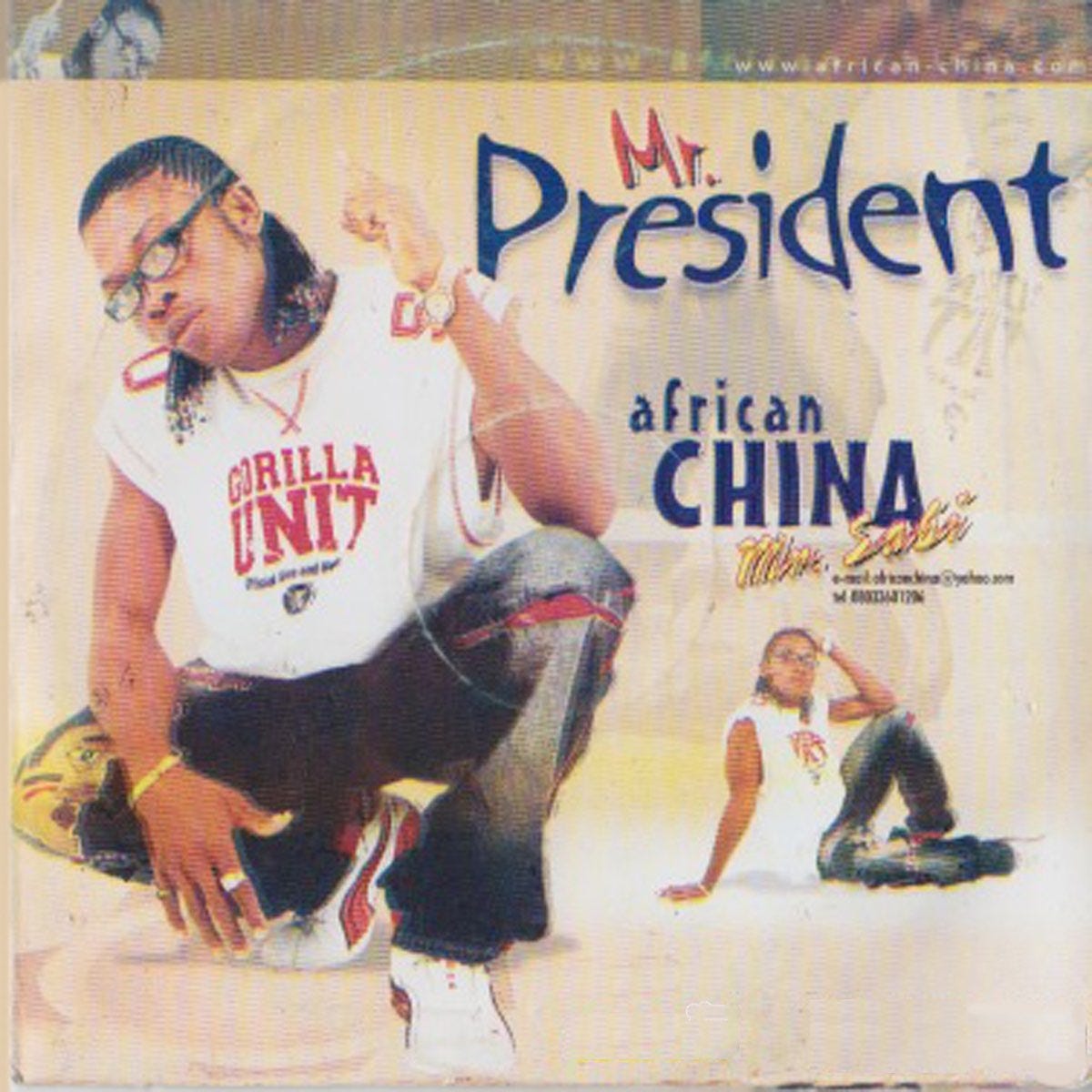
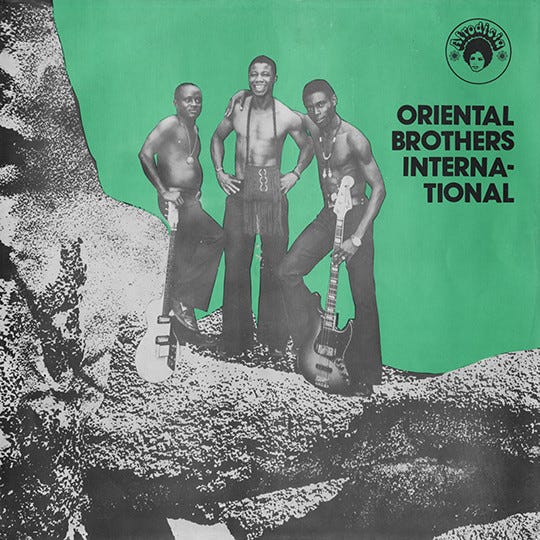
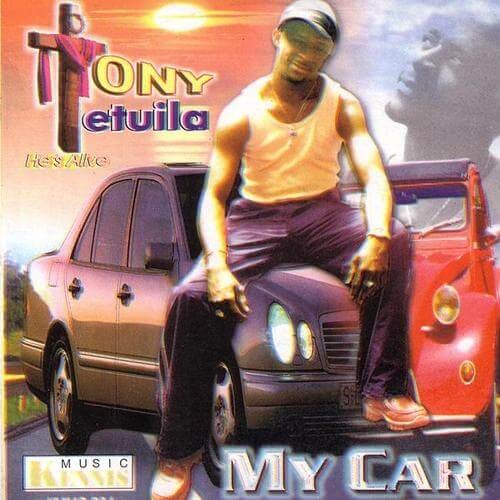

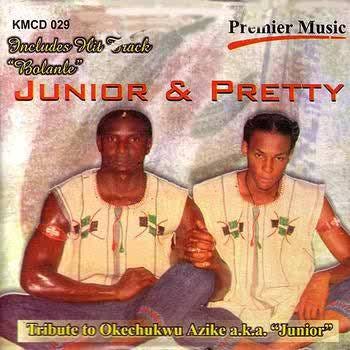
I really love this. Gonna help me to put my live old-school performance together.
Thanks for the help.
I really love this. Gonna help me to put my live old-school performance together.
Thanks for the help.